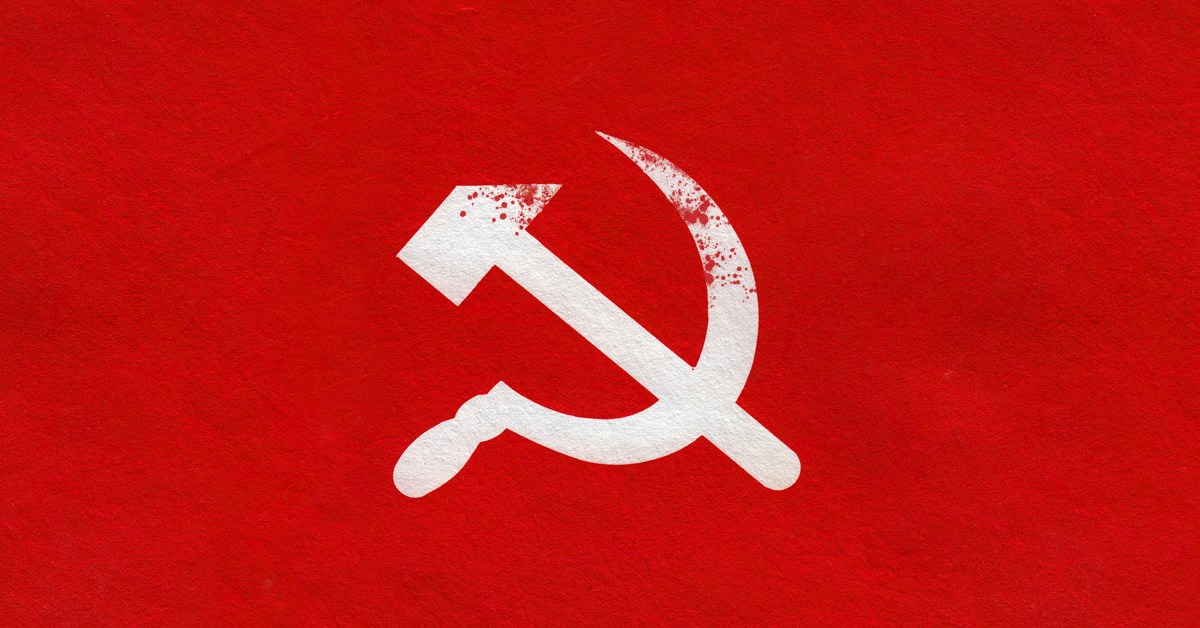Beyond Faith and Fury: Why Secular Conflicts Dwarf Religious Bloodshed
Religion
2025-03-28 10:00:00Content

Throughout history, religious conflicts have indeed stained humanity's conscience with violence. Yet, paradoxically, the most devastating bloodshed has not come from faith itself, but from ideological regimes that sought to completely eradicate religious belief.
While religious disputes have sparked numerous conflicts, the systematic attempts to suppress and eliminate faith by totalitarian governments have resulted in far more catastrophic human suffering. Regimes driven by militant atheism have perpetrated some of the most brutal campaigns of persecution and mass murder in recorded history.
These state-sponsored efforts to crush spiritual beliefs have often been more destructive and far-reaching than any religious wars. By attempting to forcibly remove faith from human experience, such governments have ironically demonstrated a fundamentalist zeal that mirrors the very religious extremism they claimed to oppose.
The tragic irony lies in how these anti-religious movements, in their quest to eliminate what they perceived as irrational belief systems, became themselves quasi-religious movements characterized by dogmatic intolerance and widespread violence.
Unmasking the Myth: When Ideology Becomes a Weapon of Mass Destruction
In the complex tapestry of human history, violence has often been cloaked in the garments of belief systems, whether religious, political, or ideological. The narrative of conflict is not simply a tale of faith versus reason, but a nuanced exploration of how human beings weaponize their deepest convictions to justify unspeakable acts of brutality.Unveiling the Dark Shadows of Ideological Extremism
The Paradox of Secular Violence
Throughout the annals of human civilization, the most devastating campaigns of destruction have not emerged from religious zealotry, but from secular regimes driven by utopian ideologies. The 20th century stands as a stark testament to this horrifying reality. Communist governments in the Soviet Union, China, and Cambodia systematically eliminated millions of their own citizens in the name of creating a "perfect" society, demonstrating that the absence of religious belief does not guarantee peace. The Soviet regime under Joseph Stalin orchestrated massive purges, targeting intellectuals, religious practitioners, and anyone perceived as a threat to the communist vision. Millions perished in gulags, forced labor camps, and systematic executions, all justified by a secular ideology that promised human liberation but delivered unprecedented human suffering. Similarly, Mao Zedong's Cultural Revolution in China resulted in the deaths of tens of millions, with intellectuals, religious leaders, and traditional cultural practitioners bearing the brunt of state-sponsored violence.Religious Conflict: A Misunderstood Narrative
While religious conflicts have undeniably scarred human history, they represent a more complex phenomenon than simplistic narratives suggest. Religious violence is rarely about pure theological differences but often intertwines with political, economic, and cultural tensions. The Crusades, often cited as a prime example of religious warfare, were as much about territorial expansion and economic control as they were about religious ideology. Contemporary conflicts in regions like the Middle East demonstrate that religious identities are frequently manipulated by political actors seeking power and control. Religious narratives become tools for mobilizing populations, obscuring underlying socio-economic tensions and geopolitical struggles. The violence is not inherent to religious belief itself but emerges from complex human dynamics of power, identity, and resource competition.The Psychological Mechanics of Ideological Violence
At the core of ideological violence lies a profound psychological mechanism: the dehumanization of the "other." Whether driven by religious fundamentalism or secular totalitarian ideologies, perpetrators of mass violence consistently portray their victims as less than human, making systematic elimination psychologically palatable. This process of dehumanization transcends religious boundaries. The Nazi regime's treatment of Jews, the Rwandan genocide's ethnic tensions, and Stalinist purges all share a common psychological thread—transforming complex human beings into abstract threats to be eliminated. The mechanism remains consistent: create a narrative of existential danger, strip the opponent of individual humanity, and justify violence as a necessary act of self-preservation or societal transformation.Towards a Nuanced Understanding of Conflict
Understanding violence requires moving beyond simplistic dichotomies of religious versus secular conflict. Human beings are complex creatures driven by multifaceted motivations—economic insecurity, cultural trauma, power dynamics, and psychological needs for belonging and significance. Genuine conflict resolution demands recognizing our shared humanity, understanding the intricate psychological and sociological mechanisms that transform belief systems into instruments of destruction. It requires cultivating empathy, promoting dialogue, and challenging narratives that reduce human complexity to binary oppositional frameworks. The most powerful antidote to ideological violence is not the elimination of belief systems but the cultivation of critical thinking, emotional intelligence, and a profound respect for human dignity that transcends narrow ideological boundaries.RELATED NEWS
Religion

Faith, Funding, and the First Amendment: Supreme Court Wrestles with Oklahoma's Religious School Dilemma
2025-04-30 21:27:00
Religion

Breaking: Religious Dogma Threatens Youth's Educational Freedom, Experts Warn
2025-05-03 12:54:22






